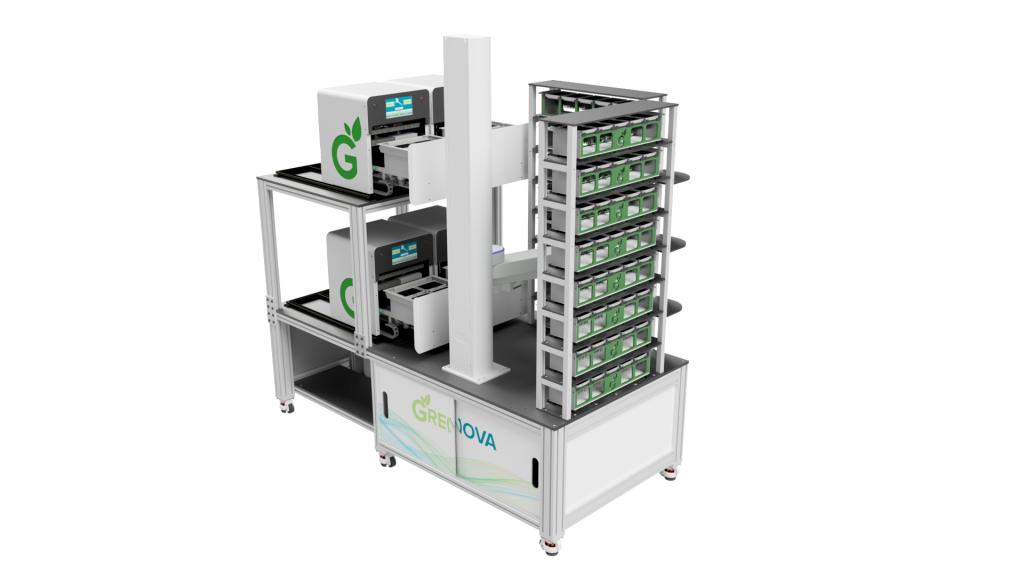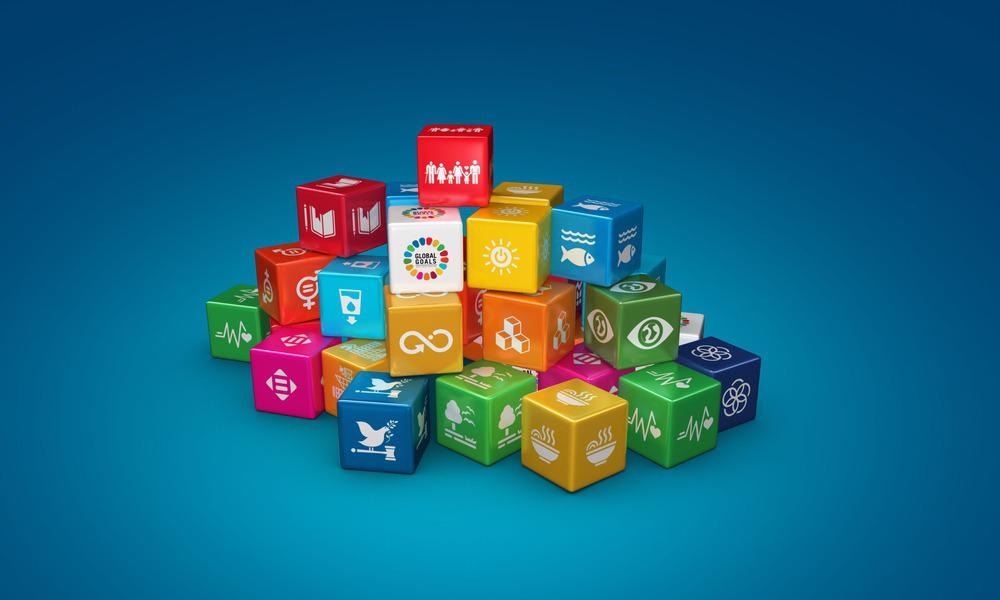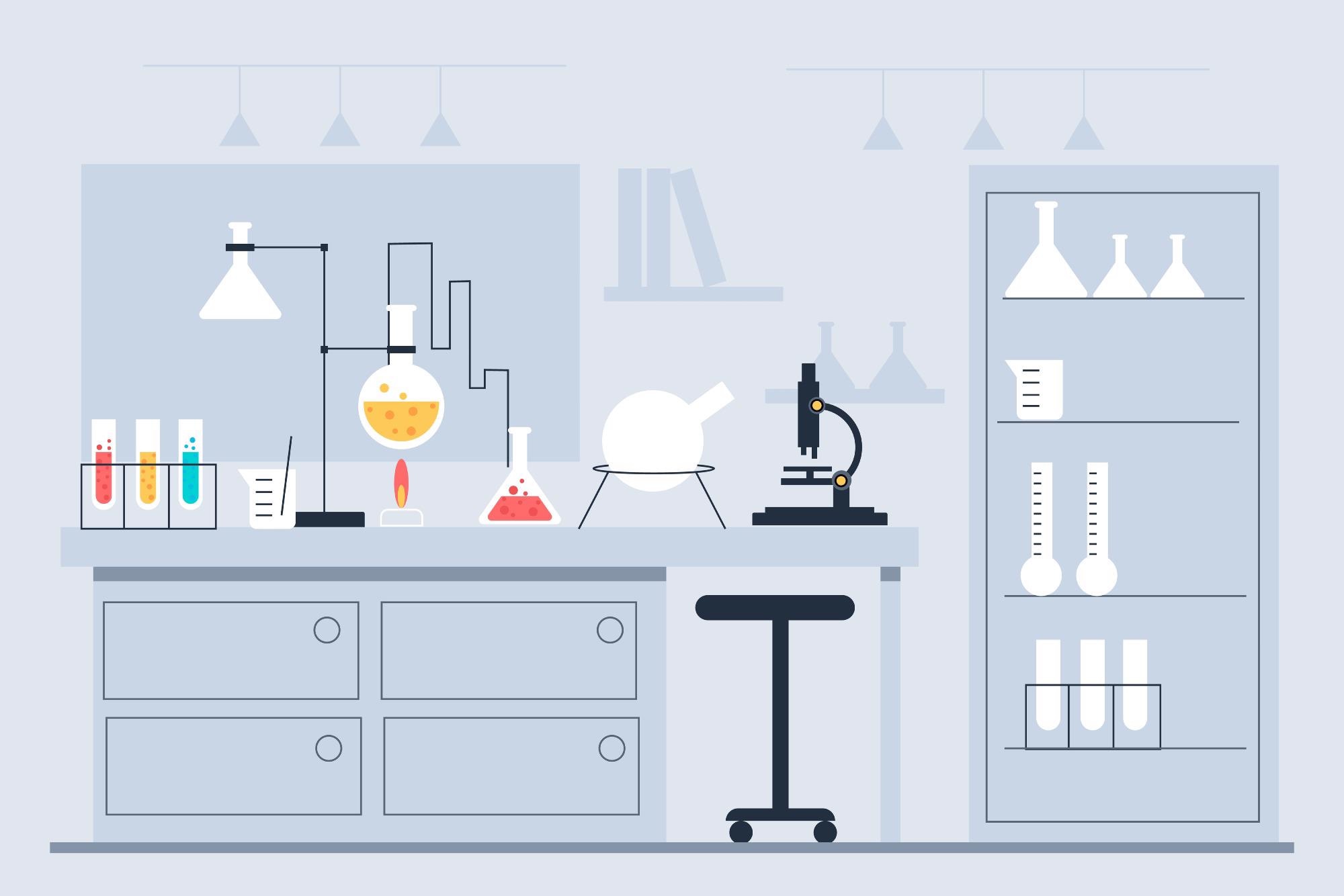In this interview, we speak to Ali Safavi, the founder and CEO of Grenova, about their technology and how it is helping to reduce laboratory waste, making science more sustainable.
Please can you introduce yourself and tell us about your role at Grenova?
My name is Ali Safavi. I am the founder and CEO of Grenova, and my background is in engineering. I had worked in the industry for over eight years, working in liquid handling and lab automation prior to proceeding with Grenova, which is focused on reducing plastic waste in the industry by washing and reusing consumables.
We provide innovative devices with a proven technology that can clean and sterilize components, enabling the plastics to be reused repeatedly rather than discarded after a single-use.
Every year, on average, 5.5 million metric tons of plastic waste is generated from scientific laboratories, and Grenova is focused on reducing this. How are you trying to do this, and can you tell us more about some of your core values and missions at Grenova?
Our core value is to innovate devices to enable the lab to wash and reuse plastics. Our mission is to change the industry’s culture, prompting labs to look at the high-quality polypropylene plastics they are using and change their perspective.
We used to wash glass on Teflon, yet we are throwing away the plastic designed with similar characteristics and properties that allowed it to replace the glass or Teflon. These were designed to handle harsh liquids and chemical samples, and yet we put the label ‘disposables’ on them. This may have been because it was so cheap to mass produce and because we thought plastic was an unlimited resource. That is not true, however, because plastic comes from petroleum, and we are seeing a major issue around the price of petroleum and the supply chain. It has proven that plastic should not be discounted just because it used to be cheap or it looked like it was infinite.
Grenova’s mission is to change that culture in the industry, prompting labs to be smarter and greener. We want them to be more efficient. Instead of purchasing plastic, using it once, and discarding it, let’s wash and reuse it as many times as possible. We have been amazed by this plastic’s long-lasting nature, even after being washed and reused many times. There has been no impact on the final results and no risk of affecting the quality of the sample.
Changing the culture involves changing the mindset of scientists who are very particular and nervous about sterility and cleanness. The technology is there, and the data proves that washing and reusing pipette tips (in our case) produce the same results as a brand new one. There is no difference, even when washing and reusing 25 times. This significantly impacts the industry, reducing operation costs and plastic waste by over 90%.
The ongoing COVID-19 pandemic has caused an increase in plastic pollution worldwide, with a significant increase in the use of personal protective equipment (PPE) and the use of plastic within COVID-19 tests. What involvement has Grenova had within the COVID-19 pandemic?
The pandemic forced the industry to look into alternative solutions to deal with the supply chain because COVID-19 created a massive demand for PCR tests that use a lot of plastic consumables. Production of petroleum was down during COVID-19, so we saw major supply chain challenges, which forced the industry to find alternatives to single-use plastics.
Grenova had a history of working in this area prior to COVID, and we saw a very fast adaptation of our technology across the board because there was a realization that washing was as safe as using brand new tips and that this change had a significant impact on their operation costs, efficiency and the supply chain. They saw it as a more sustainable practice.
What we did for the industry specifically - at least in the United States - is that we kept all these COVID labs operating by implementing our products in their facility and ensuring they were not worried about running out of tips. They validated Grenova tip washers and saw that the washed tips produced the same accuracy, precision, cleanness, and performance as brand new tips. Laboratories could maintain their supply chain, creating a circular practice within a lab to keep their costs down.
Besides COVID labs, the rest of the industry was involved in other practices like clinical diagnostics and testing that required plastic consumables, so they could continue their operation through COVID without being impacted by the supply chain shortage. COVID-19 saw a huge rush to produce disposables, leading to massive levels of plastic pollution entering the environment. From Grenova’s side, we initiated something that cut down the amount of plastic ending up in the landfill by large.
During the pandemic, Grenova was highly active, working to support the industry to meet its commitments around the COVID-19 pandemic and be more sustainable. There is no approach more sustainable than washing and reusing. Biodegradable consumables and recycling are good efforts and something we should all practice, but washing and reusing is the best practice if we want to be smart and look to a sustainable future.
Changing a culture and changing the mindset of individuals is the hardest thing. Initially, nobody likes change, but when they see value in that change, people quickly adopt it. That first leap getting out of the comfort zone to something new is always hard, but we genuinely believe that we have started this revolution that could open the door to a more sustainable and cost-effective life sciences industry.

Image Credit: Grenova
At Grenova, you offer a wide variety of products to help laboratories reduce their waste. Can you tell us more about these products and how they work at reducing waste?
We started with a pipette tip washer. These pipette tip washers are designed for any size labs, both low throughput, and high throughput, without impacting the lab’s productivity.
Our washers and other solutions are designed to be offline of the production line to not slow down the high throughput productivity in the labs. Labs will be running samples and performing their daily tasks, and washing and reusing steps run in parallel, however, they are executed offline. Laboratories can wash and reuse the pipette tips from the night before, a day before, a week before, or even a month before. Pipette tips have the introductory stage for Grenova. Since we have proven that we could wash and reuse plastic pipette tips, we could expand this premise to other plastic consumables.
We have new products coming out this year, including devices for washing microtiter and deepwell plates, and we hope to be able to offer more solutions for other plastic consumables in the near future.
I have a vision that the basement of every single lab or hospital has a vast washroom facility, and every trash bag that comes from a lab or hospital gets picked up and dumped into a funnel where there is a device that can sort the waste, clean, sterilize and repackage the consumables for reuse the next day. Zero waste is a very ambitious goal, but we are working on getting as close as possible to zero waste, at least in terms of plastics.
Not only do your products help companies to do their bit in reducing plastic waste globally, but they can also drive profitability. How is this?
Our product offering directly impacts profitability because when you cut down costs, it impacts profitability or releases funds for investing into your employees, facilities, lab, the future of your company, and even the advancement of science. There are green benefits, supply chain benefits, cost reduction, and profit increases, all of which line up perfectly.
The cultural shift is most important, however. Regardless of all the benefits I mentioned, this new practice that the industry is adopting through Grenova is the right thing to do to support our planet and our finite resources and ecosystem. If there is no healthy planet, there is no life sciences industry.
Since the release of the Sustainable Development Goals (SDGs) and COP26, sustainability within science has seen a spike in interest. Why is adopting sustainable practices within research so critical for the planet?
It is teamwork, and everyone has to participate. Everyone across the planet should be committed to being green and reducing their carbon footprint, and the life science industry must play its part. The life sciences industry must be proactive in this area because it is not just the industry; it is the people working in it that will be impacted and inspired to do more.
As a company, everyone at Grenova lives by this example. It is not just the company that is green, it is every one of us, and we contribute in our own ways. We hope we can create a ripple effect within and even outside of the industry as we continue to grow our organization.

Image Credit: MintBlac/Shutterstock.com
What advice would you give to a company that wants to start adopting more sustainable practices but is unsure where to start?
If you want to be green and more sustainable, then you need to put the resources in place to be green and sustainable. Do not just say you will be sustainable; budget for sustainability and invest in finding sustainability solutions.
Set up a committee, team, or individual post to look at sustainable solutions. Look at the financials, but the financials should not be the only reason to make a more sustainable decision. There are green solutions out there, and if they get support from the industry, those green solutions will advance and become better. Everyone should take a chance on being sustainable and do this.
What do you believe the future of sustainability within science to look like? Do you believe we will see more life sciences companies turning to sustainable solutions?
Yes, and not necessarily by choice, unfortunately. Laboratories will move towards more sustainable practices because of supply chain issues and because of the cost. Technology is going to evolve and change across the board.
The most prominent example I can think of was when automation and robotics began entering the industry; I remember that nobody trusted or liked the robots, and everyone was looking at the negative side. But now, the industry has heavily adopted automation, allowing the industry to grow. I see sustainability within the life sciences industry following a similar path. Grenova is one of the first companies on this path, and more companies are coming around and accepting it and thus seeing the benefits.
I want to point out that we are in a very interesting time in history. We are transitioning from the baby boomers to millennials and the next generations, and each generation comes with its own values and perception. The industry will adopt more green methods and technologies because the new generation places a higher value on the environment and better understands these issues than the prior generation. We are seeing a transition, and those new decision-makers will be more proactive toward sustainability and looking to the future.
I think we are on the right path. It will not go as fast as I would like, but I see it moving forward. I hope we see more green companies providing solutions similar to what we offer or from other angles or perspectives. I would like to see these emerging green companies collaborating instead of competing.

Image Credit: Vektor illustration/Shutterstock.com
Are you hopeful that one day all laboratories will be 100% sustainable and waste-free? What obstacles need to first be overcome before this can become a reality?
It is in my nature as an entrepreneur to be optimistic. Still, I truly believe the industry will become 100% sustainable, and I’m hoping this will be within my lifetime.
The obstacles that need to be overcome, as I mentioned, are the culture and the mindsets of the individuals making decisions and ensuring they are putting effort into implementing these new technologies.
If the industry is waiting for the perfect, 100% ‘unicorn solution,’ it could be waiting a long time. It has to be open to solutions that are not perfect but work better than previous options. This adoption of ongoing innovation and improvements is part of the journey towards the ideal solution.
What’s next for Grenova? Are you involved in any exciting upcoming projects?
We are investing heavily in R&D to introduce other products to address other plastic consumables. We are also focusing on expanding our footprint globally. We have already been very successful in the United States, with companies adopting our technologies and solutions much faster than in Europe, but that could be because we are not as present in Europe as we are in the States.
We are expanding into Europe by establishing entities in the UK and Western Europe, working to find partners to offer solutions globally. This is important because if we focus on providing a solution for only North America and Europe, and we do not offer products to the rest of the world, we are doing half a job.
We are looking into our product offering, promoting green benefits by cutting down plastics. We are also looking into reusing the water and reducing the amount of water consumption, even though there is already a significant water saving and reduced carbon footprint versus buying brand-new tips.
In terms of the future of Grenova, I see a bright future as we move towards more sustainability and become an industry leader, setting an example across the board.
Where did the name Grenova come from?
When I created the prototype of the first tip washer, and I had proved that it worked and passed all the tests, I decided to start a company. Many potential names were related directly to pipette tips because that was the main product. However, I felt that the company name needed to be something beyond pipette tips, incorporating all plastic consumables.
I came up with a name - Green Innovation, but this was too long, and it was already a name that was commonly used, so I abbreviated it to Grenova and trademarked it. Our logo has two colors: green represents the land, blue represents the ocean, and a recycling symbol in the middle. Believe it or not, I spent 45 days coming up with the name and the colors.
You have to be passionate about everything you do, and everything we do in this company has a meaning behind it. There is also a meaning behind every single thing in our facility. We have plants throughout our facility everywhere, and each plant represents an employee, either past, current, or intern. That plant continues to grow with the company, whether they are with us or not. We also have a koi pond in our facility, and every koi represents a year in business. There is a meaning behind everything we do; names, products, and our overall culture.
Where can readers find more information?
Find out more about your solutions on our site: https://grenovasolutions.com/
About Ali Safavi
Ali Safavi, founder, President and CEO of Grenova, is on a mission to enable laboratories around the world to become sustainable and waste-free. Ali founded Grenova, which is short for Green Innovation, shortly after graduating from college using firsthand experience he gained working in the lab industry. Today, his award-winning company has created the only technology solution in the industry that enables life sciences and healthcare laboratories to reduce their plastic consumables cost and biohazard waste by over 90%.
As a result of his work, Grenova has eliminated over 900M pipette tips, equivalent to over 2.6M lbs. of plastic that would have otherwise ended up in landfills as biohazard waste. In addition, Grenova has helped the industry save over $70M by washing and sterilizing pipette tips. Grenova headquarter is currently located in the Greater Scott’s Edition in Richmond VA, 32,000 sf. With over 50 employees. Ali’s ultimate vision is to implement an automated cleaning technology device in every lab across the globe to safely clean and sterilize all of the used plastic consumables from each lab’s daily operation and return them back to the lab for reuse over and over again without any compromise on quality and performance.
For these efforts, Ali was named one of the Top Healthcare Innovators of 2019 in Healthcare Technology magazine, Top Innovator by Silicon Valley Magazine, and Top 10 Best Successful CEOs of 2020 by the Industry Era publication. Grenova was recognized in 2019 as an “Inno On Fire” company by American Inno, rvAwesome Awards finalist by Venture Forum, and the Technology Project of the Year award winner by Richmond Technology Council. Ali has also been a speaker at the TED Talk.